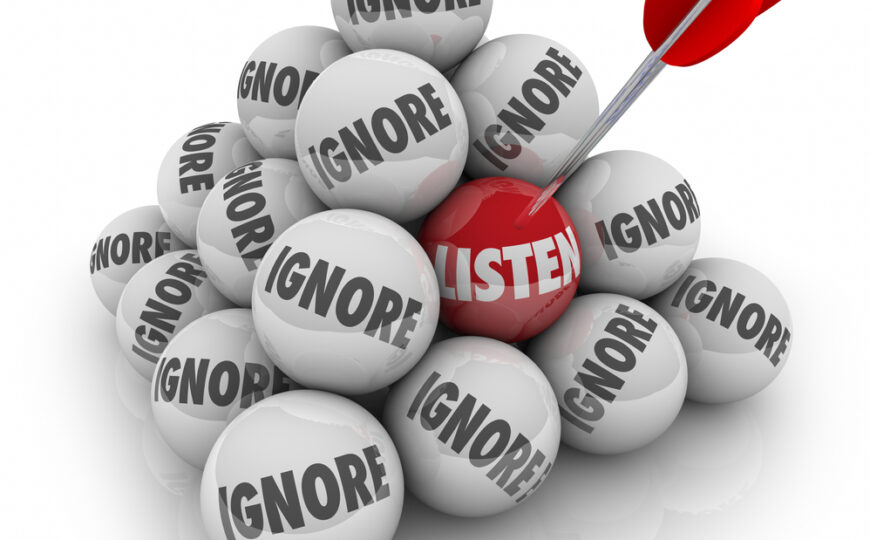A friend of mine, in discussing the COVID-19 quarantine and its social, emotional, educational and financial impact, expressed it so eloquently. “WE ARE NOT IN THE SAME BOAT … I heard that we are in the same boat. But it’s not like that. We are in the same storm, but not in the same boat.”
This is the best I have ever heard it expressed. I may be drowning, surviving or thriving.
Afterall, you don’t even know what kind of boat I am on and what condition it is in. ![]() And if you don’t know, then you don’t know how to help me.
And if you don’t know, then you don’t know how to help me.
So often we try to show people we feel for them, whether in suffering (more common) or even in times of joy. It often ends up being aim, shoot, miss and (worse) painfully hit something you didn’t intend to. Ouch.
Have you ever gotten the impression the person you are empathizing with is insulted rather than grateful? Often recipients of ill-expressed empathy report that they thought something along the lines of, “how can you minimize my pain by saying you understand, when you haven’t experienced anything remotely like this?” I have had parents coping with a diagnosis of “hearing impaired” or “deaf” for their child confide that people have told them they understand because their own child needed tubes for ear infection. Huh?!? Someone who lost a child was told by someone who had lost a parent that they know what it’s like. 🤔 Same storm, completely different boat.
If you have been following my posts then you know you can only teach what you do if you understand how you do it.
So how do you empathize with a child who is bothered by labels or sounds or lights that don’t bother you? More importantly, how do you mediate between the child with sound sensitivity who wants the TV turned down and the other child who is complaining it isn’t loud enough and they can’t hear? Where is Solomon when you need him?
I think all you really need to understand is that when something bothers you, you want to feel heard. ![]() You don’t want to have to listen to someone prattle on about how they understand or have “the” solution, but rather you want to talk and have the empathizer really listen. The most important thing you can do is actively listen and model empathy. Allow the person to express what they are feeling and rephrase back to clarify you understand. Do this with the other child listening in. Then give the other child a turn to be heard and understood. Then in true Solomon fashion, ask them to come up with some possible solutions and agree to one. This is a win-win because not only do you solve the immediate problem, you are teaching empathy and problem solving.
You don’t want to have to listen to someone prattle on about how they understand or have “the” solution, but rather you want to talk and have the empathizer really listen. The most important thing you can do is actively listen and model empathy. Allow the person to express what they are feeling and rephrase back to clarify you understand. Do this with the other child listening in. Then give the other child a turn to be heard and understood. Then in true Solomon fashion, ask them to come up with some possible solutions and agree to one. This is a win-win because not only do you solve the immediate problem, you are teaching empathy and problem solving.
![]() Take the time once a day to just actively listen. Don’t try to show you understand by relating a seemingly similar story of your own. Don’t offer solutions. Just listen and reflect back on what you heard.
Take the time once a day to just actively listen. Don’t try to show you understand by relating a seemingly similar story of your own. Don’t offer solutions. Just listen and reflect back on what you heard.



